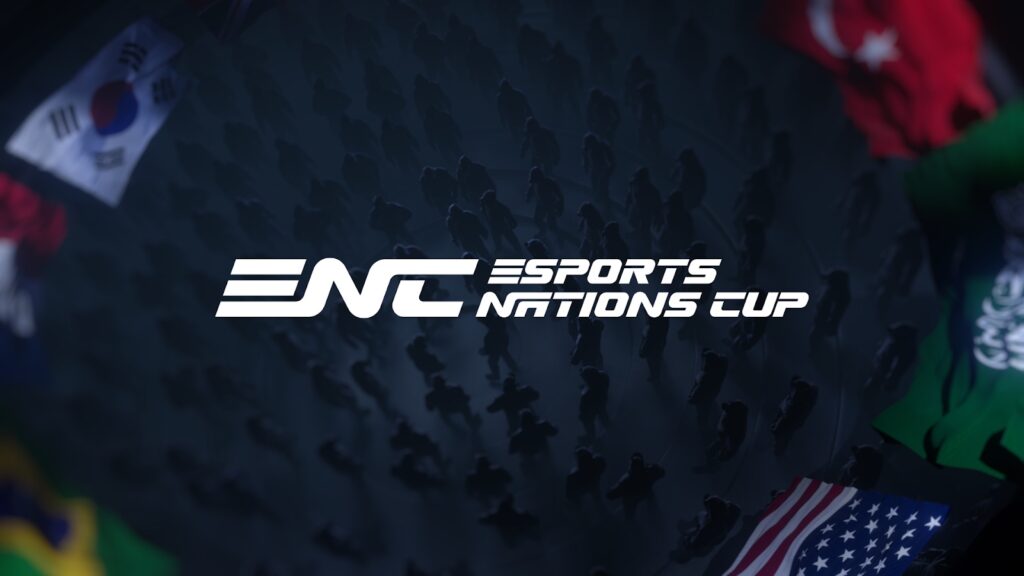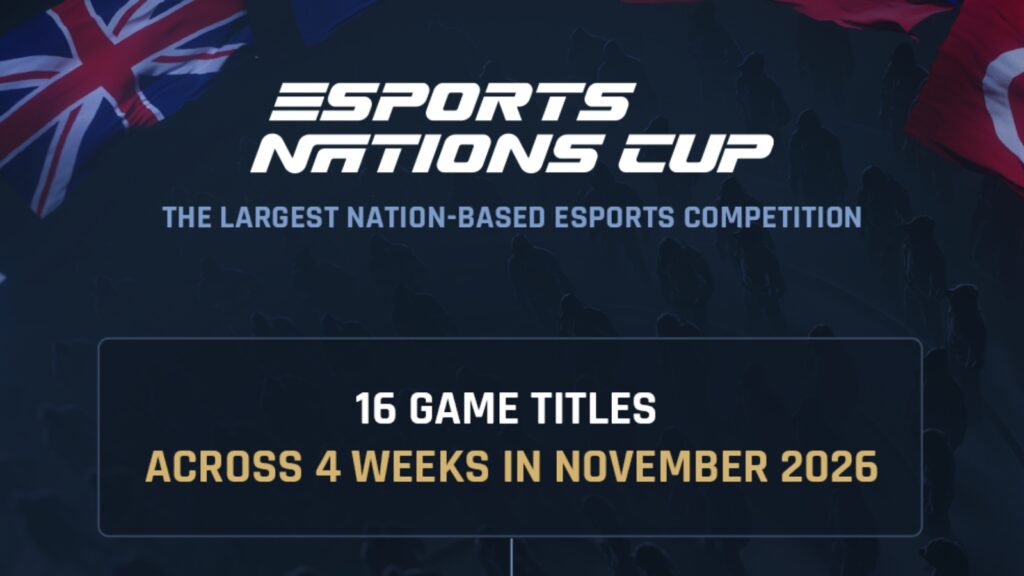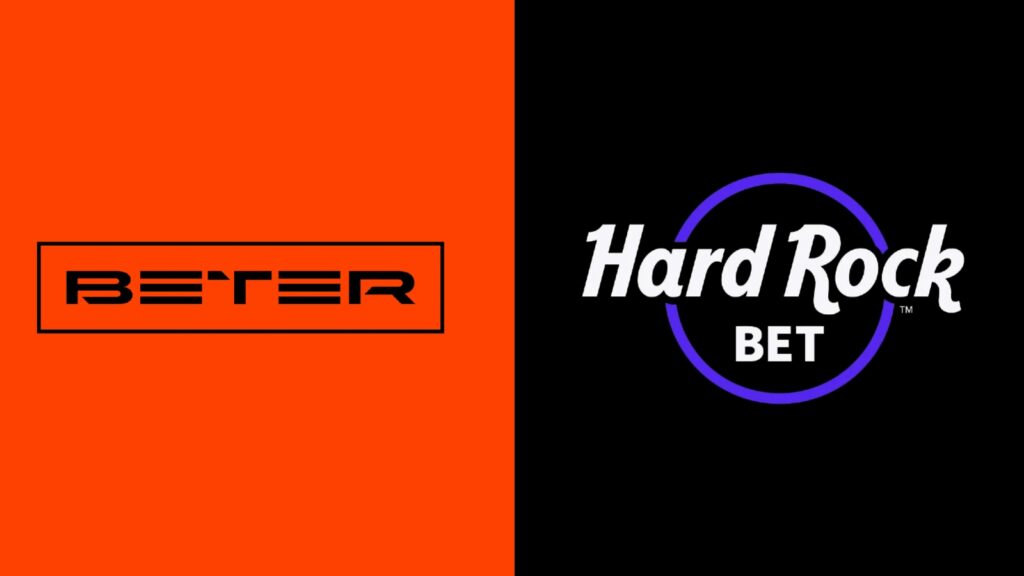Loot Boxes and Skins Gambling Face Regulatory Scrutiny As Countries Warn Of Underage Gambling
Loot boxes have drawn rising regulatory attention because they resemble gambling and disproportionately affect young people.
The boxes, commonly found in many video games, enable users to pay money or virtual currency to acquire items. Before paying, users are unaware of the contents and must therefore ‘gamble’ that they will receive a high-value item.
Critics argue that encouraging risk-taking behavior among children can lead to a range of social problems. Governments are implementing a range of measures to mitigate the potential harm of exposing children to loot boxes.

Classification of loot boxes and other video game-adjacent items continues to attract regulatory scrutiny. Image Credit: Alois Komenda/Unsplash
In particular, governments in Brazil, the UK and Singapore are investigating the issue with the aim of protecting minors.
Brazil Bans ‘Reward Boxes’
Brazil’s new child safety law, which will come into force next year, explicitly bans the use of ‘reward boxes’.
The legislation defines these as “functionality available in certain electronic games that allows the player to acquire, upon payment, consumable virtual items or random advantages, redeemable by the player or user, without prior knowledge of their content or guarantee of their effective usefulness”.
Critics argue that bans on loot boxes, such as those seen in Belgium and the Netherlands, serve to punish gamers. The bans in these countries have led to some games not being released to local users.
In Australia, lawmakers proposed limiting under-18s from playing games that contain loot boxes, and new regulations came into force last year.
Under these rules, newly released games containing “simulated gambling” are automatically classified R18+.
UK Conducts Review of Skins Gambling
Meanwhile, the UK has conducted a rapid evidence review of skins gambling. The report makes an interesting distinction between loot boxes and skins gambling, arguing the latter is gambling, but the former is not.
It states, “Although often discussed together, loot boxes and skins gambling are distinct. Loot boxes involve paying for a chance-based reward within a game and are not currently classified as gambling in many jurisdictions, whereas skins gambling involves wagering virtual items (often obtained through loot boxes) for the chance to win more valuable items or real-world currency, and is legally recognised as gambling in GB.”
It notes the rise in skins gambling has come “particularly within the Counter-Strike: Global Offensive (CS:GO) gaming community.”
The report notes that skins gambling disproportionately affects young people, has little of the checks that are necessary for gambling companies, and can act as a gateway to other forms of gambling.
It does not make any specific policy recommendations, but warns of risks from unregulated and unlicensed operators. In response, it recommends stronger enforcement and possible partnerships with game publishers to limit the use of skins for gambling.
Previously, Ukie, a UK-based ‘trade body’ focused on ‘interactive entertainment’ provided guidelines for the government and game developers to limit the damage done by loot boxes and skins gambling.
Probability Disclosure Can Help Mitigate Risks
Some of the recommendations from Ukie included disclosing the presence of Loot Boxes prior to purchase and providing clear probability disclosures.
This week, Singapore’s gambling regulator agreed to review a suggestion to implement probability disclosure and parental consent on loot boxes in video games.
A question posed in parliament noted that the US, China, and South Korea already have these measures in place.
Earlier this year, Cognosphere/Hoyoverse, the makers of Genshin Impact, paid a $20 million fine to the Federal Trade Commission (FTC) for selling loot boxes to players under the age of 16.
FTC regulations require companies to obtain parental consent from under-16 users. In addition, the chances of obtaining loot-box rewards and the real-money cost of loot boxes must be disclosed.















